Publications
Articles, publications, books, tools and multimedia features from the U.S. Institute of Peace provide the latest news, analysis, research findings, practitioner guides and reports, all related to the conflict zones and issues that are at the center of the Institute’s work to prevent and reduce violent conflict.
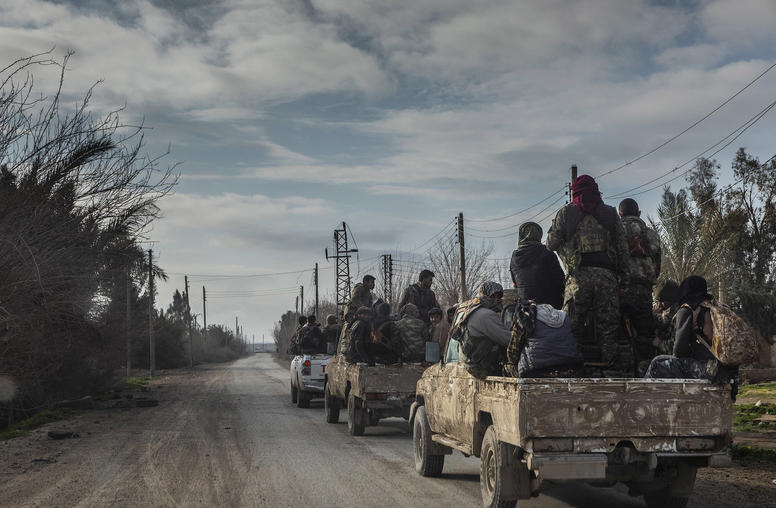
Fragile States Provide Extremists Fertile Ground to Recruit and Grow
Editor’s Note: Below are the excerpts of an interview originally published by the European Eye on Radicalization with USIP’s Mona Yacoubian about the various drivers of terrorism and constructive ways to address the phenomenon. She says the fragility of states provide an enabling environment for terrorists to operate and underscores the various ways that extremists benefit from this environment.
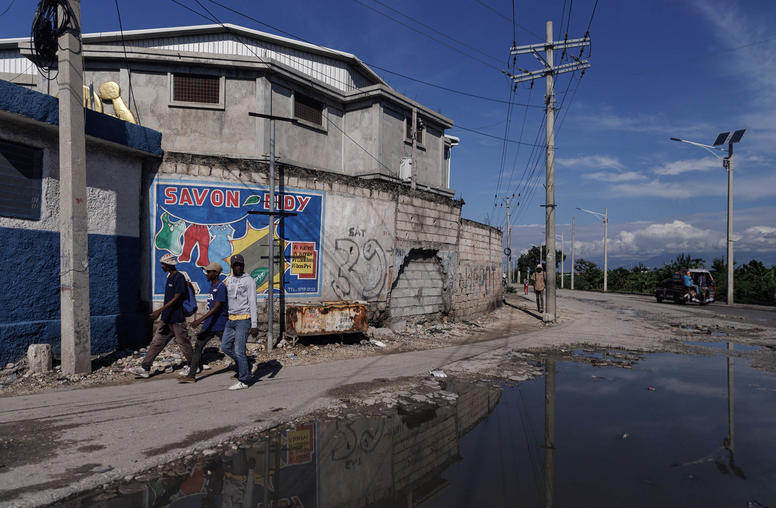
Have Haitians Finally Found the Formula for Moving Forward?
The headlines from Haiti have been so bad for so long that few get the world’s attention anymore. It seems like nearly every day there are stories of dozens being killed in the country’s capital or of the U.S. Coast Guard stopping hundreds of Haitian migrants from reaching U.S. shores. Then there are the more ominous headlines that say war or even a Rwanda-style massacre are approaching amid the countries “nightmarish conditions.” But at the end of last year, an underreported development could help put the country on a new path, injecting a glimmer of hope despite much pessimism.
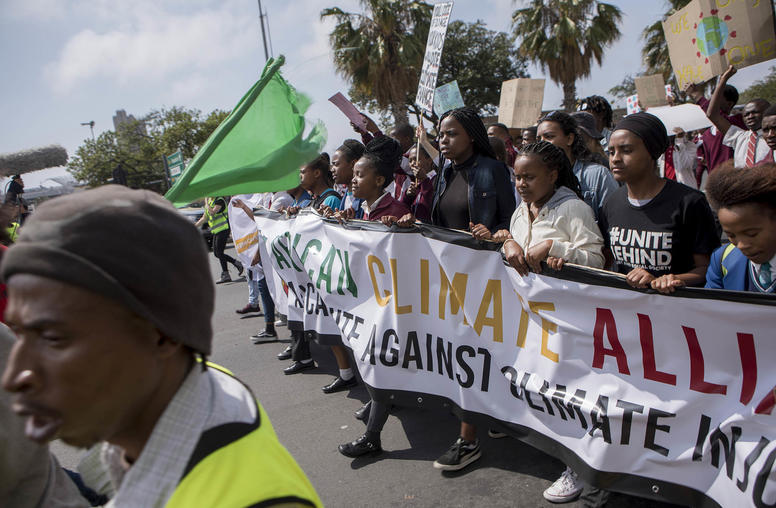
In Earth’s Climate Crisis, Africa Demands a Fairer Sharing of Costs
Earth’s intensifying storms, heat, droughts and floods underscore that humanity is falling behind in its race against climate change. With global powers and institutions still debating how to transform economies and share the costs of surviving a destabilizing climate, the planet’s most vulnerable continent managed partial advances this month toward a regional consensus. The first-ever Africa Climate Summit amplified demands for a robust, fairer collective response to a warming planet — but fell short of forging a unified African position. Critically, it missed a chance to outline a strategy for dealing with the combined impacts of climate and violent conflicts.
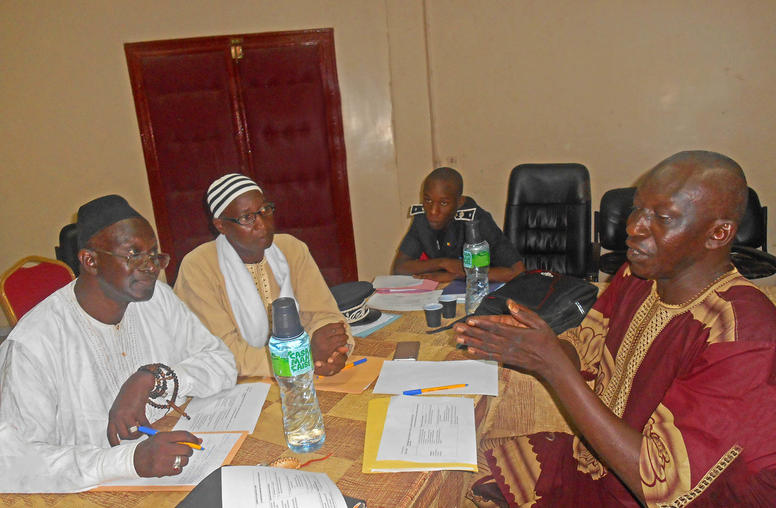
In Senegal’s War-Torn Casamance, a Dialogue Builds Stability
Senegal, one of West Africa’s most stable countries, is a key partner in countering extremism, military coups and other violence in the Sahel and in coastal states. Yet Senegal’s democracy and stability face challenges, notably the 40-year insurgency in the Casamance region. As Senegal attempts political and security reforms to build peace there, a community dialogue process in one Casamance town is helping improve security. Local dialogues—among communities, government officials and security forces—offer an efficient method for Senegal and its partners to heal conflict, bolster Senegal’s stability and counter West Africa’s slippage toward violence.
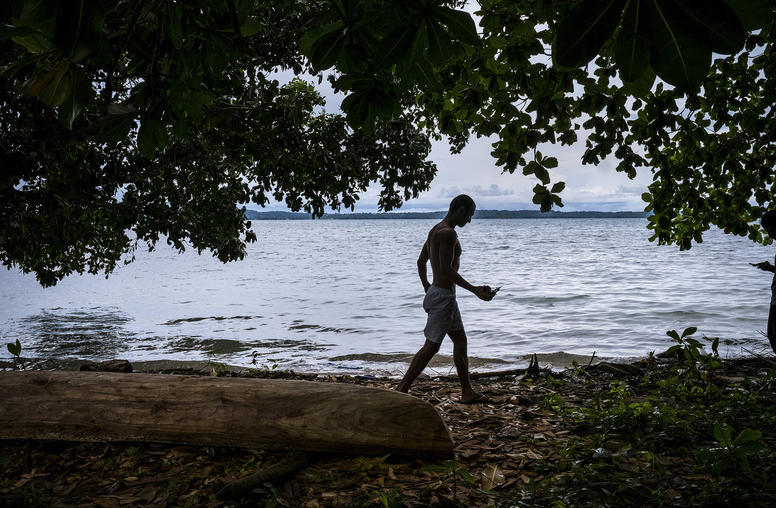
A Framework for U.S. Engagement with Papua New Guinea
Papua New Guinea (PNG) has become a key focal point for the United States as it aggressively renews ties with Pacific Island countries. U.S. engagement with PNG will require a comprehensive approach that incorporates cross-nation security cooperation and development assistance. Traditional approaches are insufficient to meet these goals. The United States should envision a framework beyond sole reliance on its military and civilian agencies. This new framework would serve to address PNG’s unique challenges, counter China’s regional activism and undergird U.S. leadership in the Pacific.
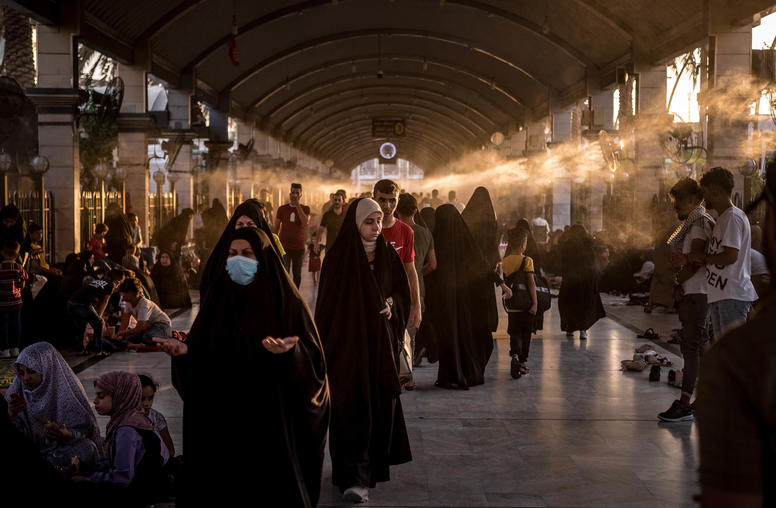
Can Arab States Bounce Back from COVID and Climates Crises?
More than two years into the pandemic, Arab states continue to struggle with the economic and social impacts of COVID-19. Meanwhile, climate change is devastating the region — and its governments are ill-equipped to address massive problems like water scarcity and scorching temperatures. Even before COVID, much of the region was wracked by conflict, embroiled in social tension, suffering from lagging economies and witnessing growing disquiet over the unrealized aspirations of the Arab uprisings. These challenges are detailed in the U.N. Development Programme’s recently released 2022 Arab Human Development Report, which also lays out a path for an “inclusive and resilient recovery.”
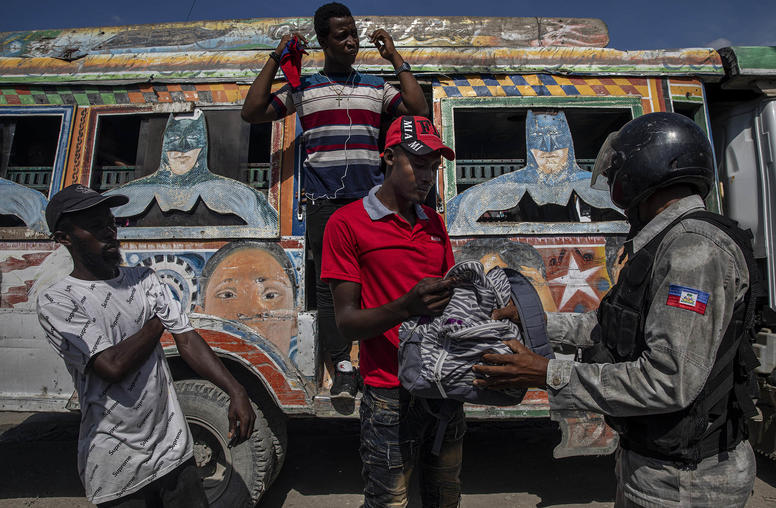
Give Haiti Another Chance — and the Support It Needs
In the midst of a clearly unfolding humanitarian disaster, many friends of Haiti are turning away from the impoverished nation, arguing that everything has been tried and little has worked. But turning our backs on Haiti now will only consign the country to misery, violence and hunger, with the ensuing outflow of emigrants. Based on wide experience in eight conflicts, to include Haiti, I believe there is a way out of the current dead end. It requires patiently and assertively combining international expertise and resources with Haitian will and energy to address the country’s intertwined problems of security and governance.
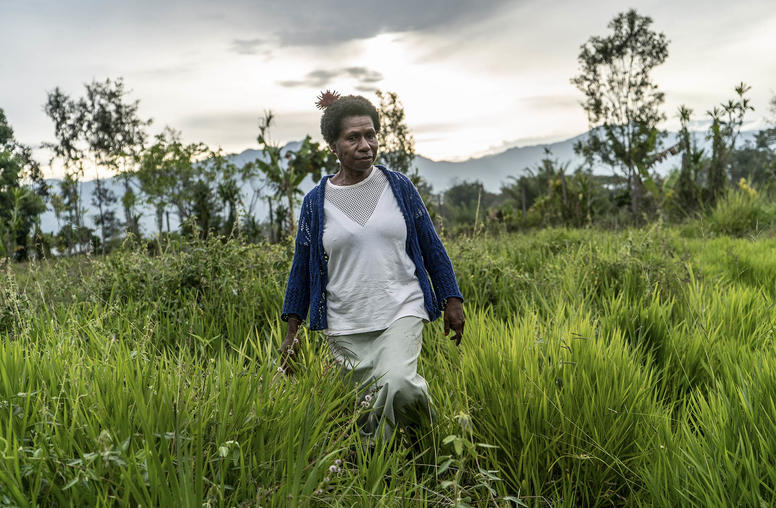
In Papua New Guinea, Homegrown Solutions Should Guide U.S. Aid
“The world stands today at the dawn of a decisive decade — a moment of consequence and peril, of profound pain and extraordinary possibility,” President Biden declared in April. These words came just two months into Russia’s war on Ukraine and during a time of concern for Western countries as China flexed its muscular diplomacy in the Pacific Islands region. Biden’s statement also sets the scene for the U.S. administration’s new approach to peacebuilding, which aims to prevent conflict from erupting in fragile states by disrupting drivers of instability.
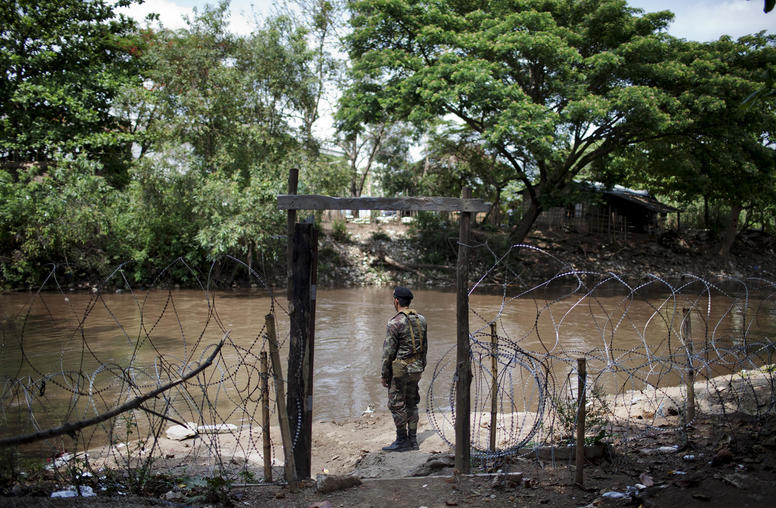
Myanmar’s Criminal Zones: A Growing Threat to Global Security
International media and law enforcement are waking up to a new post-COVID trend in transnational crime: the proliferation of criminally run zones in Myanmar and across Southeast Asia, and an explosion of human trafficking for labor in these ungoverned enclaves.
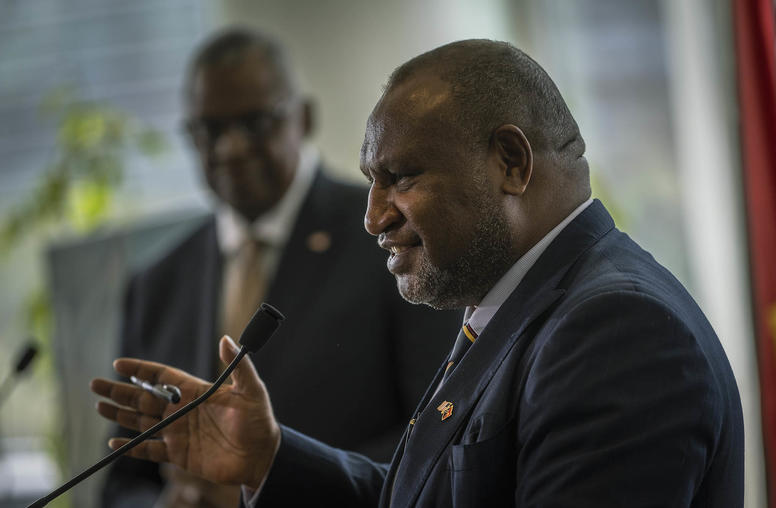
Riots in Papua New Guinea Are a Warning: Urgent Change is Needed
Riots erupted in Papua New Guinea's capital yesterday, laying bare the hollowness of governance that is failing to meet public needs, thus risking deeper violence and instability. U.S attention to the Pacific Islands' largest and most populous nation is increasing, partly because it is an arena for geopolitical competition with China. While Papua New Guinea's leaders are good at rolling out the red carpet for visiting partners, the state fails lamentably in providing basic services for its people. This week’s violence is a wake-up call for U.S and international policymakers to re-focus on this root of the country’s instability.